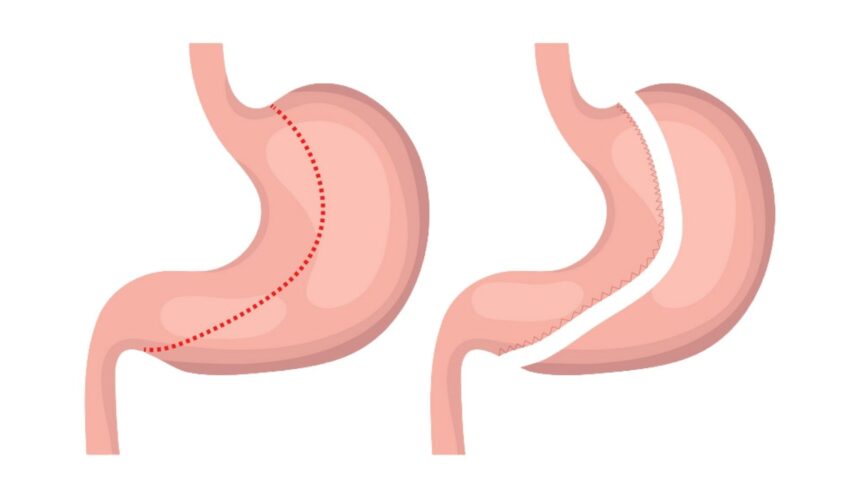If you’re exploring bariatric surgery options, you’re likely weighing the benefits of different procedures. Two standard weight loss surgeries are the gastric bypass and the gastric sleeve. Both offer significant health benefits, but they work differently and suit various needs. Here is more information about each procedure so you can make the best choice for your health journey:
What is Bariatric Surgery?
Bariatric surgery may help people achieve substantial weight loss when diet and exercise alone haven’t been successful. These procedures change your digestive system to limit food intake or absorb fewer nutrients. For many people, surgery may become a life-changing solution that improves overall health and quality of life.
What is Gastric Bypass?
Gastric bypass is an established bariatric procedure worth exploring. During gastric bypass surgery, your surgeon creates a small pouch from the upper part of your stomach. This pouch holds about one ounce of food, much smaller than your original stomach.
The surgeon then connects this pouch directly to your small intestine, bypassing most of your stomach and the first part of your small intestine. This dual approach means you’ll feel full after eating small amounts of food. Your body will absorb fewer calories and nutrients from what you eat.
What’s a Gastric Sleeve?
Gastric sleeve surgery is a standard weight loss option. It offers effective results with a simpler procedure compared to gastric bypass. During this surgery, your doctor removes a part of your stomach, leaving a narrow sleeve about the size of a banana. This smaller stomach can hold less food, so you’ll feel full after eating smaller portions. Unlike bypass surgery, the sleeve procedure does not reroute your intestines. Your digestion continues normally, just with a much smaller stomach.
How Do They Compare?
Both procedures offer substantial benefits, but they differ in several ways. Gastric bypass typically results in greater weight loss and improved blood sugar control, also known as diabetes management. Studies show bypass patients lose slightly more weight and maintain that loss over time. Gastric sleeve surgery has a lower risk of complications and requires less intensive nutritional monitoring.
Which Surgery is Right?
Your medical history plays a key role in determining the best procedure for you. For instance, if you have severe diabetes or acid reflux, gastric bypass surgery might be more effective. If you’ve had previous abdominal surgery, a gastric sleeve could be a better option. If your goal is significant weight loss, a bypass may lead to greater results. Age also influences this choice. Younger patients usually do well with either procedure, while older patients might find the simpler sleeve surgery more suitable.
A qualified bariatric surgeon will assess your situation by reviewing your medical history, current medications, and weight loss goals. They will discuss the risks and benefits of various procedures tailored to your needs. During your consultation, ask about the surgeon’s experience with each procedure, including their patient outcomes and the support they provide after surgery.
Find a Surgeon Near You
Choosing between gastric bypass and gastric sleeve is a personal decision that depends on your unique health situation and goals. Both procedures offer life-changing benefits when combined with proper lifestyle changes. Take time to research both options thoroughly. Connect with support groups and speak with people who’ve had each procedure. Schedule an appointment with a surgeon near you.








